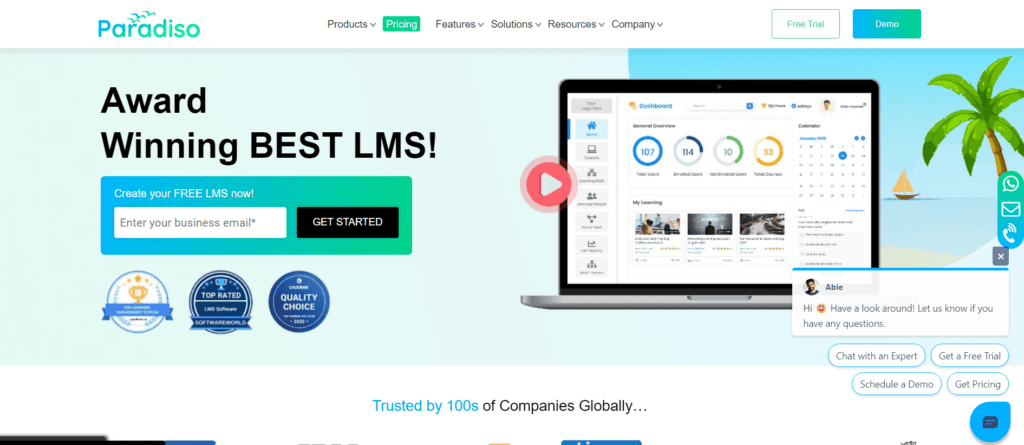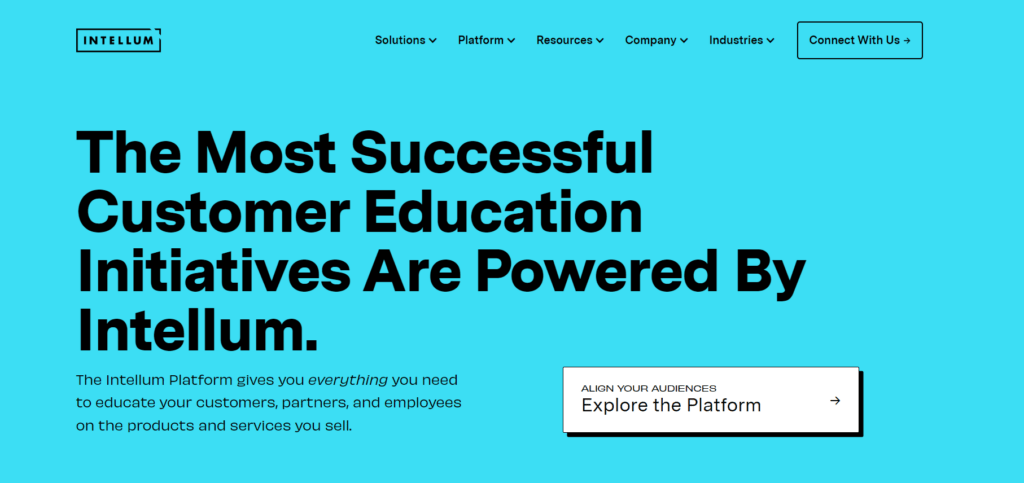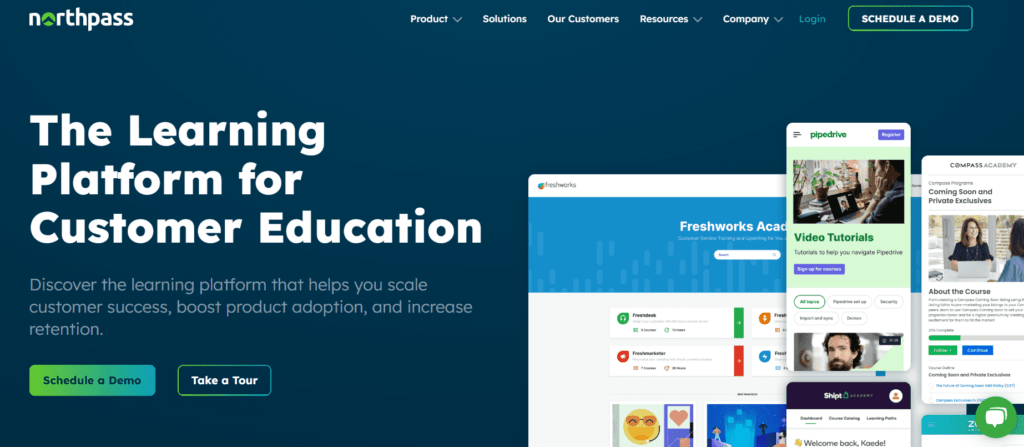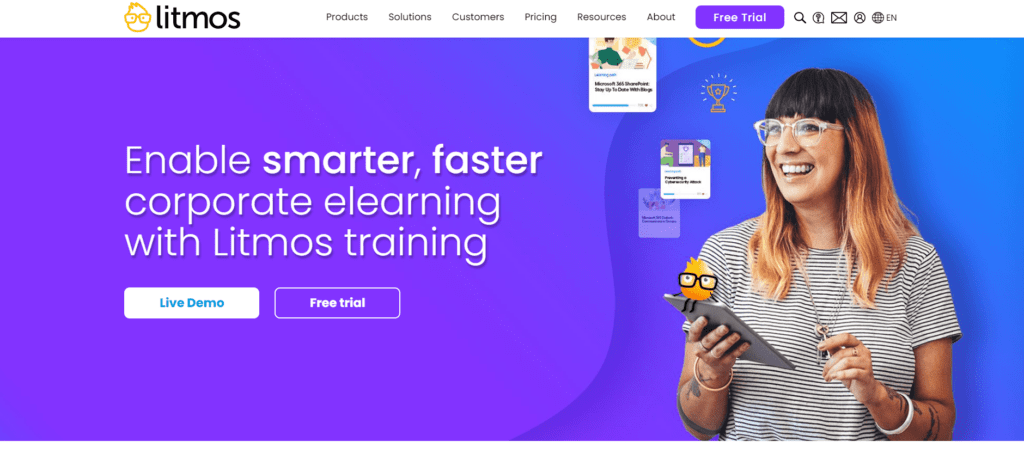Benefits of using LMS for partner training
There are numerous benefits to using a learning management system (LMS) for partner training. Here are a few key reasons why organizations should consider implementing an LMS for their partner training programs:
- Cost-effectiveness: An LMS can save organizations time and money by reducing need for in-person training sessions. This is especially important for organizations with a large and dispersed partner network.
- Flexibility: With an LMS, partner training can be delivered at any time and from any location. This allows partners to access and complete courses on their own schedules and makes it easier for organizations to roll out training to a global audience.
- Reach: An LMS can help organizations reach a larger and more diverse audience, both domestically and globally. This is especially useful for organizations looking to serve dispersed or underserved populations.
- Scalability: As an organization grows and expands, the LMS can easily scale to meet the needs of a larger partner network.
- Tracking and evaluation: An LMS allow organizations to track learner progress and evaluate the effectiveness of their training programs. This is important for ensuring that partners receive the knowledge they need to succeed.
Overall, an LMS is an effective and efficient tool for delivering partner training. It offers several benefits that can help organizations save time and resources, reaches a larger audience, and track and evaluate the effectiveness of their training programs. In addition, organizations can better support and empower their partners to succeed by using an LMS for partner training.
Factors to consider when choosing a partner training lms software
When choosing a learning management system (LMS) for partner training, there are several factors that organizations should consider. These include:
- Features: The LMS should have the features and functionality needed to support the specific goals and needs of the partner training program. This might include tools for creating and delivering courses, tracking learner progress, and evaluating the effectiveness of the training.
- Ease of use: The LMS should be easy to use for both the organization and its partners. This will help to ensure that the training program is successful and that partners are able to access and complete courses without difficulty.
- Price: The cost of the LMS should be considered in relation to the organization’s budget and the value it will provide. It is important to find an LMS that offers a good balance of features and price.
- Scalability: The LMS should be able to scale to meet the needs of a growing partner network. This will ensure that the organization is able to effectively deliver training to a larger audience as it expands.
- Integration: The LMS should be able to integrate with the organization’s existing systems and processes. This will help to ensure a seamless and effective training experience for partners.
By considering these factors, organizations can choose the best LMS for their partner training program.
9 best LMS Software for Partner Training
- Paradiso LMS
- Docebo
- Trakstar Learn
- Intellum Platform
- Obami
- Northpass
- Skilljar
- SAP Litmos
- LearnUpon LMS

Paradiso LMS

Docebo

Trakstar Learn

Intellum Platform

Obami

Northpass

Skilljar

SAP Litmos














